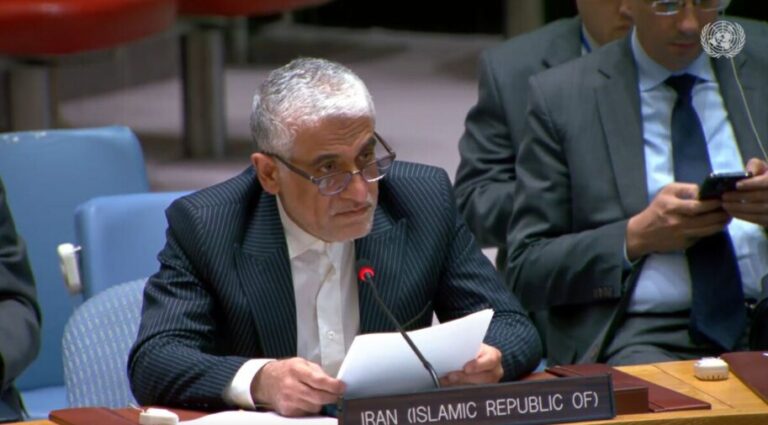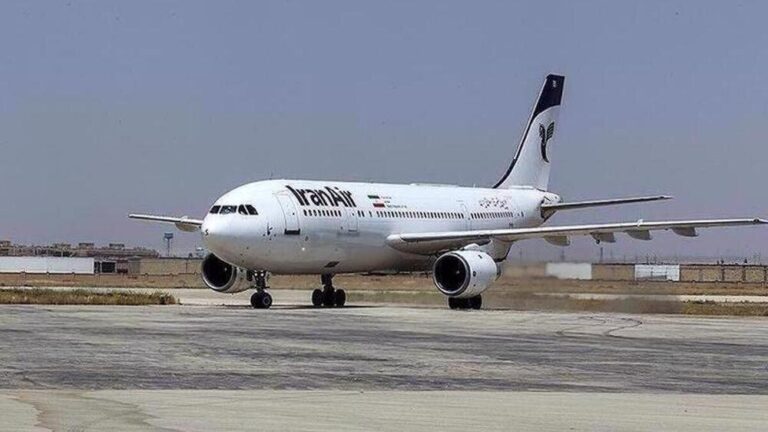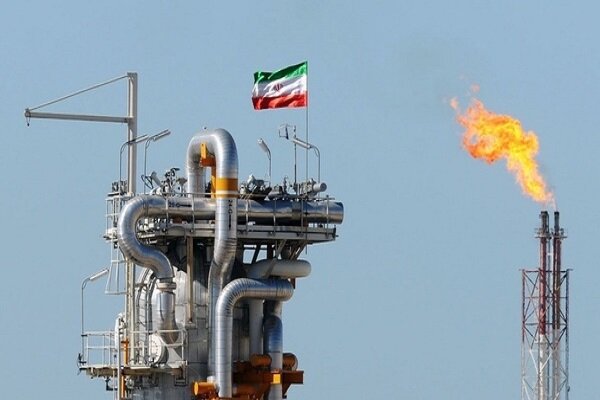US Targets Network Boosting Iran’s Oil Sales with New Sanctions
The United States has recently taken significant action by sanctioning an international network that facilitates the shipment of millions of barrels of Iranian crude oil to China. This move comes in light of the ongoing tensions surrounding Iran’s nuclear program and the related sanctions imposed by the U.S. government. In this article, we delve into the implications of these sanctions and the broader context surrounding Iranian oil sales.
According to a statement released by the U.S. Treasury on Tuesday, “The United States is today sanctioning an international network facilitating the shipment of millions of barrels of Iranian crude oil worth billions of dollars to China on behalf of Iran’s Armed Forces General Staff (AFGS) and its front company, Sepehr Energy Jahan Nama Pars (Sepehr Energy).” This action underscores the U.S. commitment to its Maximum Pressure Campaign aimed at curtailing Iran’s oil exports and, by extension, its nuclear ambitions.
The timing of these sanctions is particularly noteworthy. They were imposed just two days after the fourth round of talks between Iran and the United States regarding Tehran’s nuclear program and the potential for the removal of sanctions occurred in Muscat. This development raises questions about the efficacy of diplomatic efforts in the face of stringent sanctions.
Despite the pressure exerted by the U.S. under the Trump administration since January, recent data indicates that Iranian oil sales to China have reached unprecedented levels. This situation reveals a complex dynamic wherein Iran continues to find avenues to export its oil despite international sanctions.
Here are some key points regarding the recent sanctions and the situation surrounding Iranian oil sales:
- Sanctioned Entities: The sanctions target the AFGS and its affiliate, Sepehr Energy, which play a crucial role in facilitating oil shipments to China.
- Record Oil Sales: Recent figures show that Iranian oil exports to China have surged, indicating a robust demand despite sanctions.
- Diplomatic Tensions: The sanctions were announced shortly after diplomatic discussions, highlighting the strained relations between the U.S. and Iran.
- Impact on Global Oil Market: These developments could have broader implications for oil prices and international relations in the energy sector.
The U.S. government’s approach reflects a broader strategy to apply economic pressure on Iran, aiming to disrupt its ability to fund operations and support its military initiatives. By targeting specific networks involved in oil exports, the U.S. hopes to create a ripple effect that would ultimately lead to a reduction in Iran’s oil revenue.
Moreover, the sanctions illustrate the ongoing struggle between the U.S. and Iran over nuclear capabilities and regional influence. As both nations navigate this complex landscape, the international community is closely watching the developments. The balance of power in the Middle East could be significantly affected by the outcomes of these sanctions and any subsequent negotiations.
As the situation continues to evolve, analysts are considering various scenarios that could emerge from these tensions. The following factors are critical in understanding the potential outcomes:
- Increased Hostility: If Iran perceives these sanctions as an existential threat, it may respond with increased military activity in the region.
- Market Adjustments: Global oil markets might react to these sanctions with fluctuations in prices, influenced by changes in supply and demand dynamics.
- Future Negotiations: The possibility of future talks could hinge on the U.S. willingness to ease sanctions in exchange for concessions from Iran regarding its nuclear program.
- China’s Role: As a key buyer of Iranian oil, China’s response to U.S. sanctions will be crucial in determining the effectiveness of these measures.
In conclusion, the recent sanctions imposed by the United States on Iranian oil shipments to China represent a significant escalation in the ongoing conflict between the two nations. With the backdrop of stalled negotiations over Iran’s nuclear program, the implications of these actions extend beyond bilateral relations and into the broader global oil market. As the situation progresses, stakeholders in the energy sector and international diplomacy will need to remain vigilant to navigate the potential repercussions of these developments.
Stay tuned for further updates on this evolving story as we monitor the impacts of U.S. sanctions and the response from Iran and its allies.






